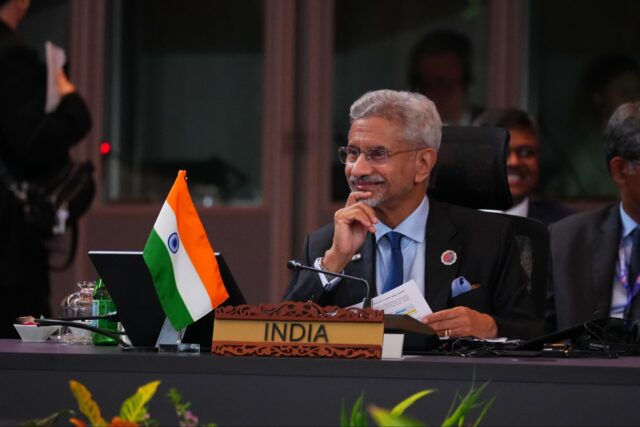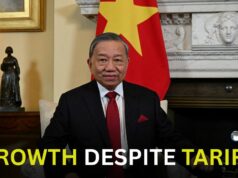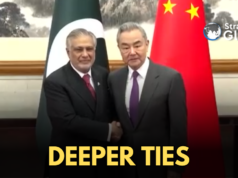India and Bahrain on Monday announced a series of measures to deepen trade and economic engagement, enhance cooperation in emerging sectors, and expand people-to-people links as the two countries prepare to celebrate 55 years of diplomatic relations in 2026.
At the Fifth Meeting of the India–Bahrain High Joint Commission, co-chaired by India’s External Affairs Minister S. Jaishankar and Bahrain’s Foreign Minister Dr. Abdullatif bin Rashid Alzayani, both sides agreed to fast-track negotiations on a Comprehensive Economic Partnership Agreement (CEPA), conclude a Bilateral Investment Treaty, and commence discussions on a Double Taxation Avoidance Agreement (DTAA).
Economic Outcomes
The two ministers welcomed the steady rise in bilateral trade, which has reached $ 1.64 billion in FY 2024–25, and reaffirmed their commitment to further diversify trade in electronics, processed foods, petroleum products, base metals, and gems and jewellery.
The two countries also committed to strengthening institutional links between their investment authorities and private sectors to stimulate cross-border investments. The Bahrain Economic Development Board reiterated its intent to support Indian businesses investing in sectors such as manufacturing, logistics, ICT, tourism, and healthcare.
Jaishankar, in his opening remarks, highlighted that “India and Bahrain share centuries-old ties rooted in trade and friendship,” adding that the evolving global economic landscape presents “new opportunities in fintech, infrastructure, and renewable energy” for both sides.
The two governments also welcomed the growing role of Mumtalakat, Bahrain’s sovereign wealth fund, in exploring investment opportunities in India’s high-growth sectors.
Both sides expressed satisfaction with ongoing collaboration between the Bahrain Space Agency and New Space India Limited, which is expected to be formalized through an MoU.
In health, the second Joint Working Group meeting earlier this year identified new areas for partnership — including digital health, medical research, and medical value travel — building on the countries’ long-standing cooperation in pharmaceuticals and healthcare delivery.
Peace and Security
The two sides strongly condemned terrorism in all its forms, specifically the April 2025 Pahalgam attack, and expressed solidarity with the victims. They pledged to deepen cooperation on intelligence sharing, cyber security, and counter-terrorism capacity building.
On regional developments, India and Bahrain welcomed progress toward easing tensions in Gaza, stressing the need for a durable peace based on the agreed framework. Jaishankar reiterated India’s support for a “lasting and inclusive peace that ensures stability in the region.
People-to-People Bonds
Highlighting the “living bridge” between the two countries, both sides lauded the introduction of India’s electronic visa system for Bahraini nationals across nine categories in July 2025, a move expected to boost tourism, business, and cultural exchanges.
The ministers also welcomed Bahrain’s continued support for the Indian diaspora, with Jaishankar thanking the Bahraini leadership for pardoning 248 Indian nationals over the past two years.
The next meeting of the High Joint Commission will be held in Bahrain, with dates to be finalized through diplomatic channels.
“The progress we have achieved, from trade and technology to healthcare and space, reflects the strength and future promise of our partnership,” Jaishankar said. “Together, India and Bahrain are building a relationship that is economically vibrant, strategically relevant, and people-centric.”





